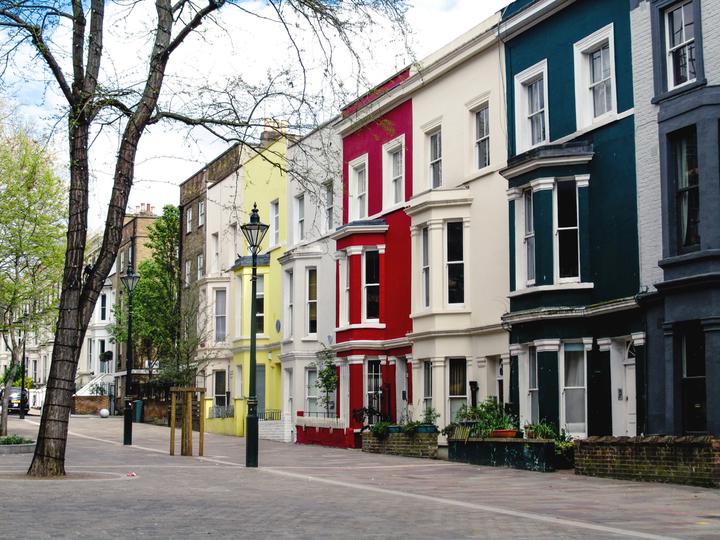London House Prices

Data Source: Publicly available (https://www.gov.uk/government/collections/price-paid-data)
Download my Project Report.
In 1995, London was just coming out of the recession-before-last. The average home costed £79,000. Today prices have jumped almost 600% to an average £514,097. Wages have failed to keep pace with this leap. In 1995 the average Londoner earned £22,487, compared to an average £48,023 today, a 113% increase. Which means property prices have risen more than 5 times as fast as incomes, locking many Londoners off the property ladder. In 1995 just 15 per cent of Londoners rented — it was what you did for a few years before you bought a flat. Now, around one in three of the capital’s residents belong to“Generation Rent”and many believe they will never own a home. In 1995 an average first-time buyer borrowed £55,575 and earned £21,575. Today’s first timers earn an average £51,000 and borrow £174,000. Their average deposit is £96,000, which is a tenfold increase on 20 years.
Although house prices in London rose well above the general inflation, see Figure 1, the growth rate of the UK economy and average income, house prices have “crashed” twice in the last 20 years, between 1990 and 1992, and more recently between 2007 and 2010. With the recent uncertainty looming over British and London economy due to Brexit, how are the house prices in London changing? In one hand there is a slowdown in investments and fears that a great number of lucrative jobs will eventually have to leave London for greener pastures elsewhere in Europe. However, the weakness of the pound post Brexit has made UK property all the more attractive to foreign investors however, which is likely to increase demand from abroad. In addition, there are several initiatives the government has taken to slow down the rise in property prices. Multiple stamp duty changes have occurred in recent years, affecting the property market as a whole. For example an additional 3% stamp duty surcharge was introduced in April 2016 for additional residential properties, and this change has affected the prime London market in particular.
Within this project I examine the best model to use on the data for predicting house prices and use it to pick 200 of the most profitable properties on the market at the time of the project.